Leading investors are preparing for a global recession, Russia says BRICS has no intention of creating its own currency, China sues the US at the WTO, Europe "targets" e-commerce platforms that are "making waves"... are prominent world economic news.
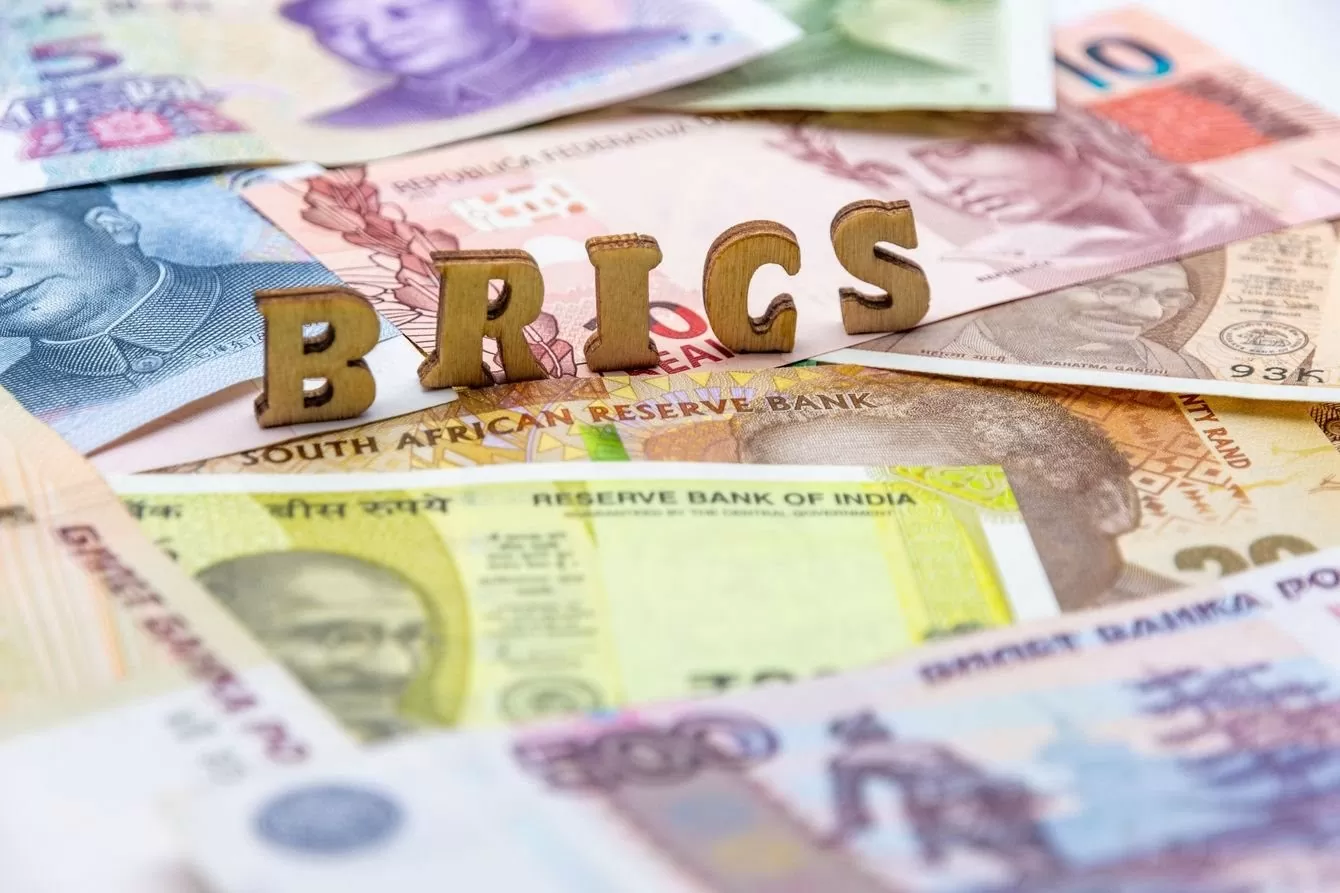 |
| Russia insists the BRICS group has no plans to create its own currency. (Source: Shutterstock) |
World economy
Fund managers are preparing for a global recession scenario
Hedge funds have stepped up their sell-off of North American and European stocks in January 2025, suggesting the world’s top fund managers are preparing for a possible global recession.
Hedge funds pulled out of stocks vulnerable to the global economic slowdown in January amid growing concerns about market volatility and the risk of a recession, data from Goldman Sachs shows. Instead, they focused on buying stocks in companies that are more resilient to recessions, including companies in the healthcare and utilities sectors that generate steady profits regardless of the economy.
“The shift to more resilient sectors shows that hedge funds are preparing for a recession,” said Bruno Schneller, an expert at asset management firm Erlen Capital Management.
In January 2025, hedge funds sold stocks of companies that rely on discretionary spending from surplus income, such as hotels, restaurants and luxury goods companies, at the fastest pace since March 2022, shortly after Russia launched its special military operation in Ukraine.
The sell-off comes amid concerns about the impact of former US President Donald Trump's proposal to impose a 25% tariff on imports from Canada and Mexico.
US economy
* According to a report released by the US Department of Commerce on January 30, the world's number one economy slowed down in the fourth quarter of 2024, but still achieved stable growth for the whole year of 2024 thanks to increased government consumer spending.
The report said that the US gross domestic product (GDP) grew 2.3% in the fourth quarter of 2024, after growing 3.1% in the previous quarter. For the whole year of 2024, the country's GDP grew 2.8%, slightly lower than the 2.9% of the previous year, but still much higher than the 1.8% that US Federal Reserve policymakers define as a growth rate that does not cause inflation.
* On February 3, US President Donald Trump signed an executive order requiring the establishment of a national investment fund within the next year. Mr. Trump said the fund has the potential to acquire the short video application TikTok.
President Trump did not provide many details about the fund and it is still unclear how it will operate. Speaking to the press, President Trump said it was time for the United States to have a sovereign wealth fund.
Chinese Economy
* On February 5, the World Trade Organization (WTO) said that Beijing had filed a lawsuit against tariffs imposed by US President Donald Trump on Chinese goods.
In a statement cited by the WTO, the Chinese government said the measures appeared inconsistent with the US's obligations under the agreement that created the trade body. "China reserves the right to raise additional measures and complaints regarding the issues identified herein during the consultations and in any future requests for the establishment of a panel," the statement said.
Earlier, after his re-election, US President Donald Trump imposed a 10% tariff on Chinese goods. Beijing immediately responded with tariffs targeting US energy imports, automobiles and machinery parts.
* The latest figures from the China Gold Association show that China's domestic gold output will exceed 377.24 tonnes in 2024, up 2.087 tonnes from 2023, or a 0.56% year-on-year increase.
However, in 2024, gold consumption in the country fell to 985.31 tons , down 9.58% from the previous year. Of which, gold jewelry consumption fell 24.69% to 532.02 tons, while demand for gold bars and coins increased 24.54% to 373.13 tons. Gold use for industrial and other purposes decreased slightly by 4.12%, reaching a total of 80.16 tons.
European Economy
* The European Commission (EC) on February 5 announced a series of strong measures to "tighten" e-commerce activities , especially for online sales platforms from outside Europe such as Shein, Temu and Amazon. At the heart of these changes are new tariffs and stricter control regulations.
According to the EC, all packages imported from non-European countries into the European Union (EU) will be subject to a “handling fee”. This is essentially a new tax, designed to target e-commerce platforms that are “storming” the European market.
* British Prime Minister Keir Starmer is using the difference in trade figures between the US and the UK to avoid the risk of tariffs from President Donald Trump.
According to US figures, the US had a trade surplus with the UK of $14.5 billion in 2023. This is significantly lower than the 71.4 billion pounds, or nearly $89 billion, reported by the UK. The difference is largely due to the way the island nation's dependencies handle the data.
Prime Minister Starmer argued that based on the figures, the UK should be exempt from the tariffs Mr Trump has threatened to impose on countries with which the US has a significant trade deficit.
* On January 31, the Kremlin took note of US President Donald Trump's repeated threat to impose pressure on BRICS countries if the group creates its own currency, while affirming that the group has no such plans .
Kremlin spokesman Dmitry Peskov said the BRICS group, of which Russia is a member, was not discussing the creation of its own currency but rather the creation of joint investment platforms. He also stressed that US experts should report in more detail to President Trump on what BRICS is doing.
Earlier, on January 30, President Trump warned BRICS member countries not to replace the USD as a reserve currency by reiterating the threat of imposing a 100% tariff he made a few weeks after winning the presidential election in November 2024.
* Russia's civil aviation agency Rosaviatsia expects passenger transport by domestic airlines to reach 109.7 million this year.
In 2024, the number of passengers transported will be 111.6 million, an increase of 6% compared to 2023. This year, based on Rosaviatsia's forecast , the decrease could be close to 2% compared to 2024. For comparison: in 2022, air traffic will decrease by 14% compared to 2021 to around 95 million.
* German inflation unexpectedly slowed in January 2025. This is the first time inflation has slowed after many months of rising again and further strengthens the decision of the European Central Bank (ECB) to cut interest rates.
According to data from the Federal Statistics Office (Destatis), the annual inflation rate in Europe's largest economy was 2.3% in January 2025, lower than 2.6% in December 2024.
Core inflation - which excludes volatile food and energy costs and is closely watched by the ECB - slowed from 3.3% in December 2024 to 2.9% in January 2025.
Japanese and Korean Economy
* The Japanese government will expand the scope of screening for foreign investors before investing in companies in the Northeast Asian nation. Tokyo plans to revise ordinances under the Foreign Exchange and Foreign Trade Law as early as this spring.
A new category of “Designated Foreign Investors” will be established for foreign companies and individuals who can transfer information they obtain from investments to foreign governments.
These companies are required to report to the Japanese government before investing in listed companies in industries deemed important from a national security perspective. The government is said to be aiming to prevent the drain of technology and other information held by Japanese companies.
* On February 4, Japan's Ministry of Agriculture said that the country's agricultural, forestry, fishery and food exports in 2024 reached a record high for the 12th consecutive year.
According to the data, the export turnover of these products reached a total of 1,510 billion yen (9.72 billion USD), up 3.7% compared to 2023.
* According to data released by the Ministry of Finance, the Bank of Korea, and the National Statistics Office on February 2 , South Korea's GDP per capita in 2024 is estimated to reach $36,024 , up $454, or 1.28%, from 2023.
According to estimates by the International Monetary Fund (IMF), South Korea's GDP per capita in 2024 will be higher than Japan and Taiwan (China) at 32,859 USD and 33,234 USD, respectively.
*According to the presidential office of South Korea, Acting President Choi Sang-mok has instructed government agencies to closely monitor the impact on businesses and the domestic economy after US President Donald Trump imposed new tariffs on goods from Mexico, Canada and China. Korean companies, including Samsung and LG, are working to minimize the negative impact of the 25% tariffs on imports from Canada and Mexico, and 10% on imports from China.
ASEAN Economy and Emerging Economies
* Chairman of the National Economic Council (DEN) Luhut Binsar Pandjaitan said that the United Arab Emirates (UAE) is ready to cooperate with Indonesia in many areas, including green energy, infrastructure and defense.
The UAE has pledged to invest in renewable energy such as geothermal, hydro, wind and solar, and is providing $50 million to reforest and build 3 million homes in Indonesia. The two sides are also working together to upgrade ports, develop 62 GW of power infrastructure, and produce light weapons.
* India has decided to remove import duties on some key components used in smartphone manufacturing to boost domestic manufacturing and benefit smartphone makers like Apple and Xiaomi.
The exempted components include printed circuit board assemblies, camera module parts and USB cables, which were previously subject to a 2.5% tariff.
The tax cuts will help India better cope with a year of global trade uncertainty due to US President Donald Trump’s tariff policies, analysts say, and India is using the moment to seek to expand its market share in the global supply chain.
* Despite the risks posed by a new trade war, Malaysia is on track to achieve its GDP growth target of 4.5-5.5% by 2025.
Economic Affairs Minister Datuk Seri Rafizi Ramli noted that, at least for the past month, Malaysia's medium- and long-term economic growth outlook remains unchanged.
According to Minister Rafizi, trade wars are likely to happen more frequently and Malaysia needs to take measures to adapt to the negative impacts on the economy.
Source: https://baoquocte.vn/kinh-te-the-gioi-noi-bat-nga-phan-hoi-viec-ong-trump-noi-brics-muon-co-dong-tien-rieng-my-se-mua-lai-tiktok-dau-tau-chau-au-gay-bat-ngo-303334.html































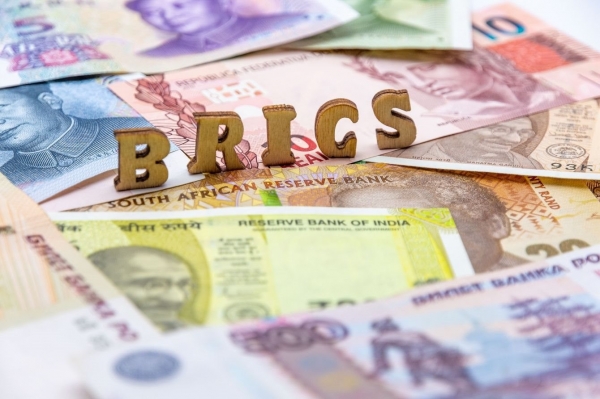
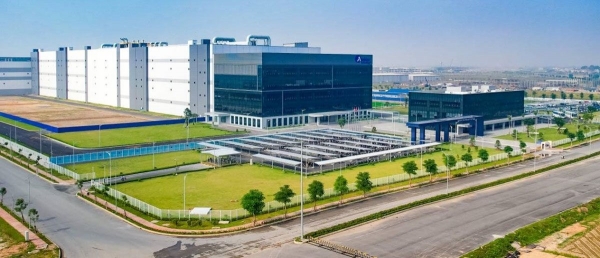



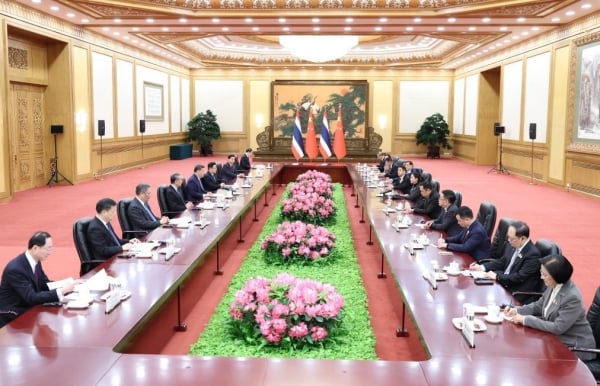



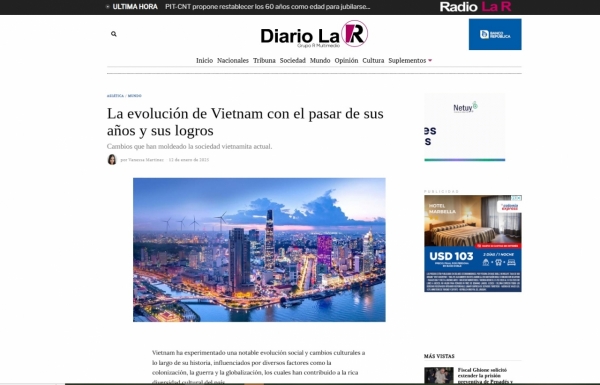














Comment (0)